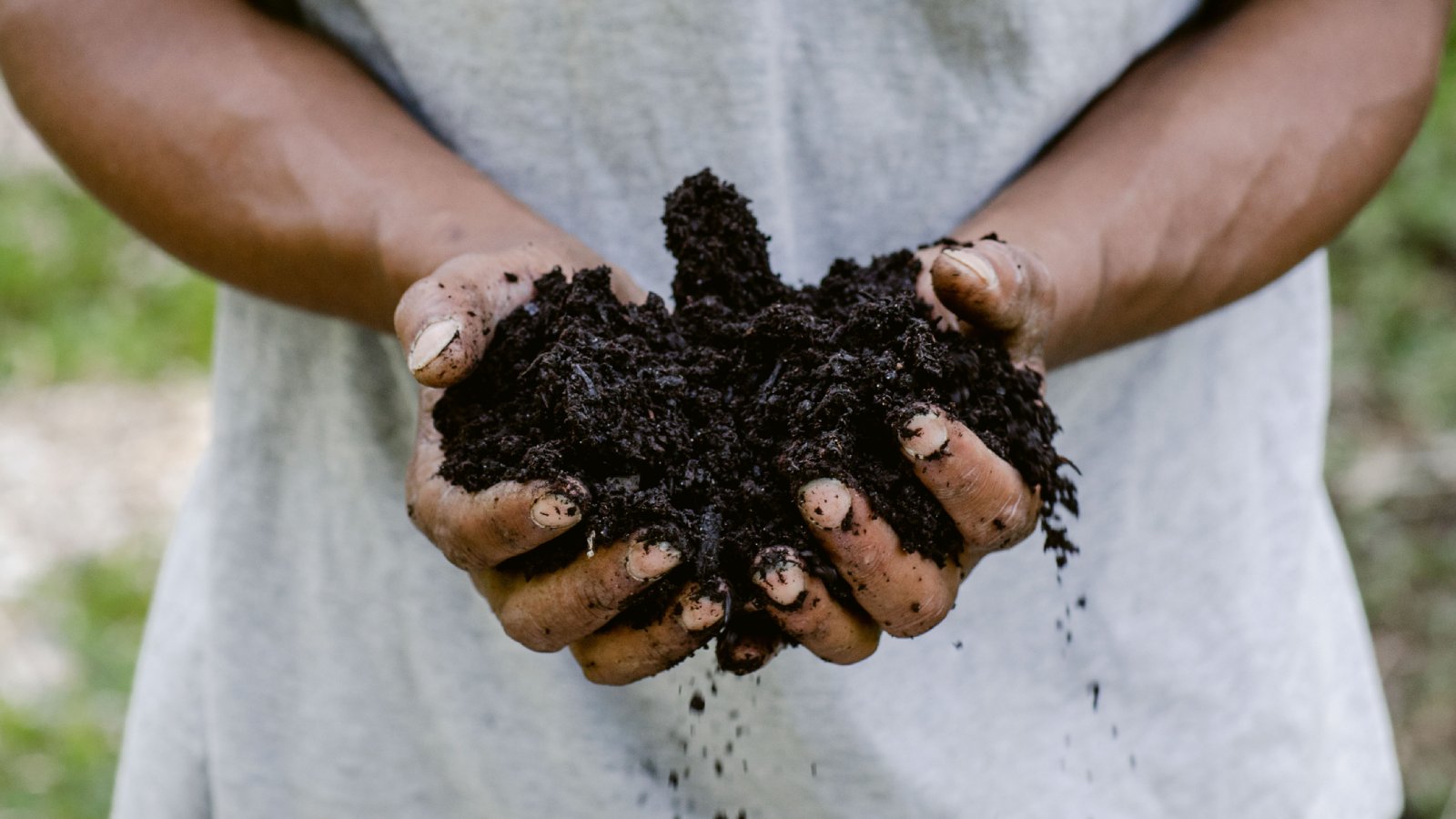Antidepressant Microbes In Soil: How Dirt Makes You Happy
Soil microbes have been found to have similar effects to antidepressants. Learn to make yourself happier and healthier through gardening.

Bonnie L. Grant

Sign up for the Gardening Know How newsletter today and receive a free copy of our e-book "How to Grow Delicious Tomatoes".
You are now subscribed
Your newsletter sign-up was successful
Soil microbes and human health have a positive link that’s been studied and found to be verifiable. In a world pressured with political, economic, climatic and cultural challenges, stress is a common dilemma for many thousands of people. This is reflected in our streets, our institutions and unfortunately, even in our homes.
We can meditate or do yoga, or take what our doctors recommend, but not all of these are effective all the time for improving mental health.
Because society’s agrarian rural lifestyle has diminished over the past decades, scientists have questioned whether our movement toward urban life could be connected with the great increase in stress related diseases. Integrative Physiology Professor Christopher Lowry was one of the scientists who suspected this migration to city life might be playing a part in our behaviors.
According to Dr. Lowry, “As human societies have migrated to urban environments, we have lost touch with a host of bacterial species that play a role in regulating our immune system, and this is helping to fuel an epidemic of inflammatory disease.”
Dr. Lowry’s groundbreaking research, along with other scientists studying the question, has led to some fascinating insights about soil and what it might offer humans in terms of stress reduction. As gardeners, we know it feels great to work in the soil, and perhaps there’s a logical reason.
Microbes in Soil
Soil contains a microbe called Mycobacterium vaccae, which mirrors the effect on neurons of those that modern antidepressant drugs have in human brains.
This microbe in soil causes cytokine levels to rise, which results in the production of higher levels of the messenger chemical, serotonin. Serotonin is present in the brain,nerves, blood and gut of humans and most animals. Mycobacterium vaccae bacterium was tested both by injection and ingestion on rats, and the results were increased cognitive ability, lower stress, and better concentration on tasks than a control group.
Sign up for the Gardening Know How newsletter today and receive a free copy of our e-book "How to Grow Delicious Tomatoes".
So Does Soil Impact Mental Health?
The mycobacterium vaccae may stimulate serotonin production, which makes us more relaxed and happier. Studies using the microbe were conducted on cancer patients who reported a better quality of life and less stress as a result. Lack of serotonin has been linked with anxiety as well as other similar disorders. The microbe in soil appears to be a natural antidote to stress and, fortunately, has no adverse health effects. Mycobacterium microbes may also improve cognitive functions, and may be helpful with various diseases.
Gardening as a Stress-Buster
The helpful microbes in soil may be easy to ingest just by playing in the dirt. Avid gardeners will tell you that their outdoor activities are their “happy place,” and the actual physical act of gardening is a stress reducer and mood lifter. When we’re in the garden, we inhale the bacterium and also have topical contact with it. It may also enter our bloodstream when we have a cut or other pathway for infection.
Whether or not scientific experiments prove this bacterium to be the final word in stress reduction for humans, it’s worth some time in the garden just to find out if it makes us feel better. The presence of a soil microbe that soothes stress is not a surprise to many of us who have experienced the phenomenal lift in our spirits when we are actively gardening. There is new speculation that serotonin itself is not connected with depression, so the jury is out in that regard. We strongly suggest testing out the theories on stress because it seems to work for many people. Happy gardening to all of us!
Resources:
https://www.ncbi.nlm.nih.gov/pmc/articles/PMC7813891/ “Together, these data support the hypothesis that immunization with M. vaccae stabilizes the gut microbiome, induces a shift toward a more proactive response to stress exposure, and promotes stress resilience.”
“Identification of an Immune-Responsive Mesolimbocortical Serotonergic System: Potential Role in Regulation of Emotional Behavior,” by Christopher Lowry et al., published online on March 28, 2007 in Neuroscience.
Mind & Brain/Depression and Happiness – Raw Data “Is Dirt the New Prozac?” by Josie Glausiusz, Discover Magazine, July 2007 Issue. https://www.discovermagazine.com/mind/is-dirt-the-new-prozac

Caroline Bloomfield is Manager of Marketing Communications at Gardening Know How since 2019. A northwest native, she has resided and gardened in multiple zones in the U.S. and is currently at home in Bandon, Oregon. Writing and editing for various publications since 1998, her BA in American Studies from Southern Maine University includes an emphasis in English. She was raised in California by avid gardeners and continues to enjoy the natural world with an appreciation for the concepts of sustainability and organic care for the planet.
- Bonnie L. GrantWriter